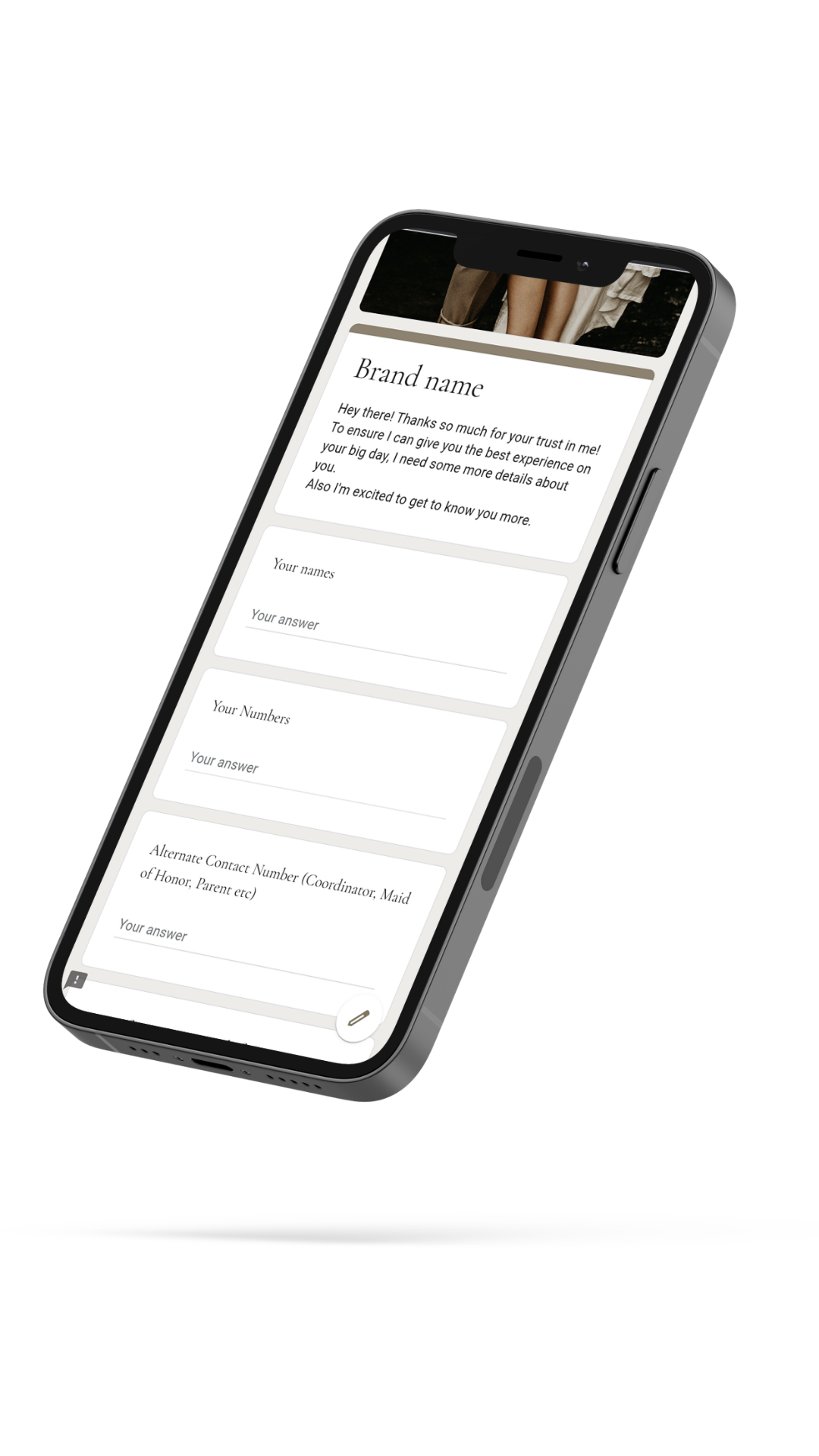Attention photogs – this blog is for YOU!
We recently created a poll on Instagram and we asked you what you are currently struggling with.
One answer came up very often: Impostor syndrome. Why do so many of us have self-doubts about our own abilities and how can we learn to deal with them?
What is imposter syndrome?
For those who do not know the term, here is a brief explanation: Imposter syndrome is a psychological phenomenon in which those affected have massive doubts about their own work, question successes and cannot accept them for themselves. Even if outsiders consider these thoughts to be irrational, as there is evidence of a good work, those affected believe that they do not deserve the success. During our survey, we also noticed that people with outstanding photos often gave this answer. Also, many of them live in fear of being exposed as scammers.
Success is attributed to external causes, such as accident or luck
Originally, the impostor syndrome was identified as a personality trait up to a psychological disorder, especially in successful women. However, a study shows that men and women are equally affected.
The origin of this way of thinking often lies in one’s own family background or educational qualification. Very few of us have completed university studies or completed apprenticeship in photography. And yet we call ourselves professional photographers. If you are generally the type who has little self-confidence, Instagram can quickly lead to toxic comparative thinking. You don’t learn to appreciate your own work or to evaluate it objectively and get into a downward spiral.
The consequences of imposter syndrome can be high motivation, but it can also happen that you end up as a workaholic with depressive phases or extreme perfectionism. In extreme forms, this way of thinking can completely paralyze you and you miss opportunities to grow yourself and take your business to the next level.
How can i deal with it?
The first step in dealing with impostor syndrome is to recognize it.
There are certain assumptions that you need to overcome, such as the belief that a single mistake will put one’s abilities into question. One method is a type of writing therapy. This will help you organize your thoughts better. Once you can see your successes instead of just evaluating them internally in your head, you will be better able to realistically evaluate the successes. The text can also serve as a reminder of past accomplishments.
Have your work evaluated from the outside and write down the compliments. The outside view will help you reflect better.
You can try to avoid these negative spirals of thought by having realistic demands on yourself from the outset. Look at your own development and compare yourself to your former self and not to someone who has been in business for 15 years. Value your successes and accept failures too. Mistakes don’t define you. You don’t have to hide it. There is no reason to be ashamed. We all have our strengths and weaknesses. And only through mistakes do we learn.
If, despite our tips, you experience that this fear of being exposed and self-doubt are your constant companions, you should perhaps seek professional help. With cognitive behavioral therapy, you can go to the root of the problem step by step with your therapist.
The negative and destructive thoughts must be made aware. As soon as you have recognized this, you are basically able to compare these thoughts with objective facts and to recognize the distortions in your thinking.
You are not an imposter. Be patient with yourself. Good changes take time. We wish you all the best for the upcoming wedding season.
Much love,
Alex & Maja | Bitesandtickles












